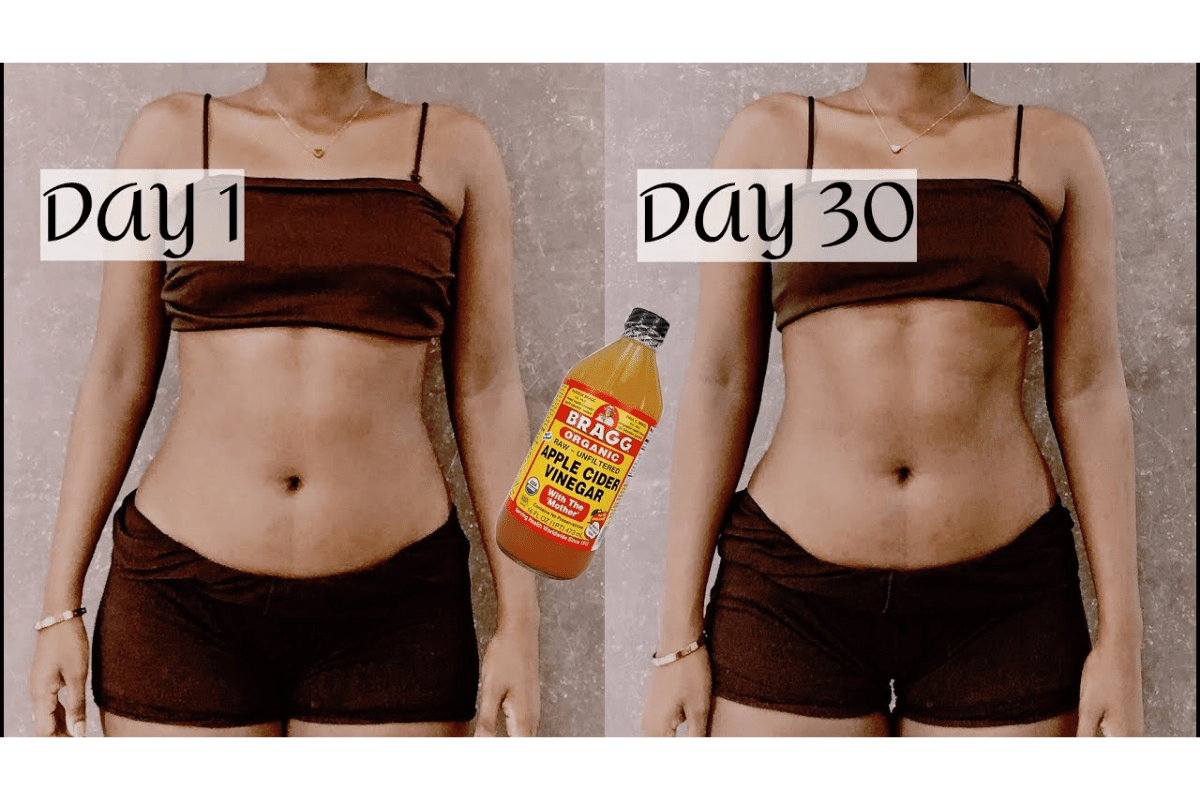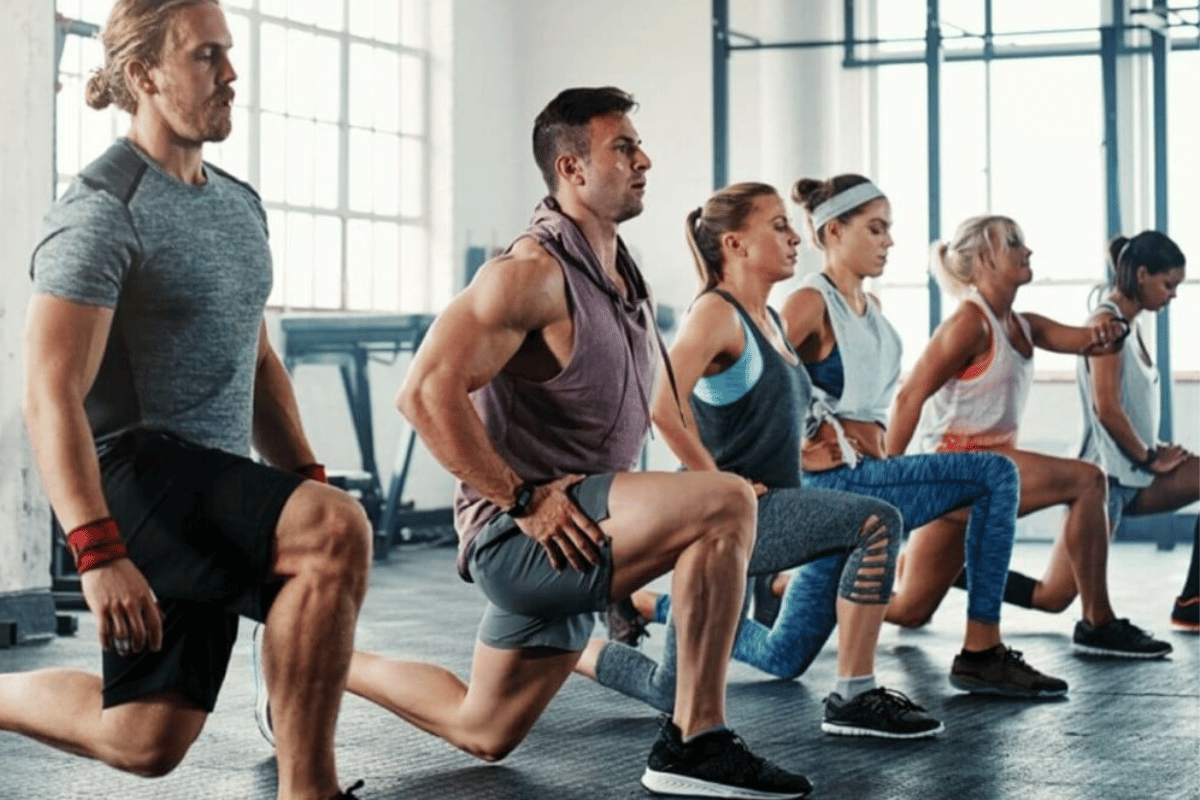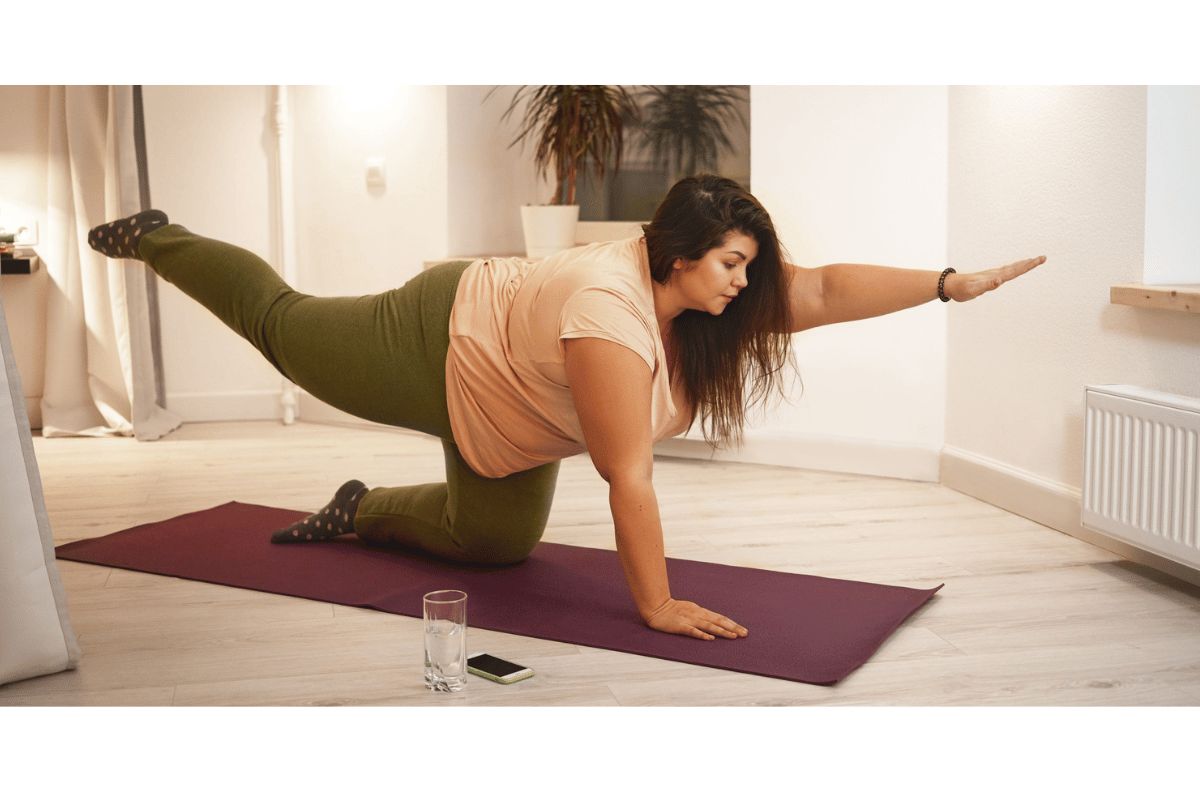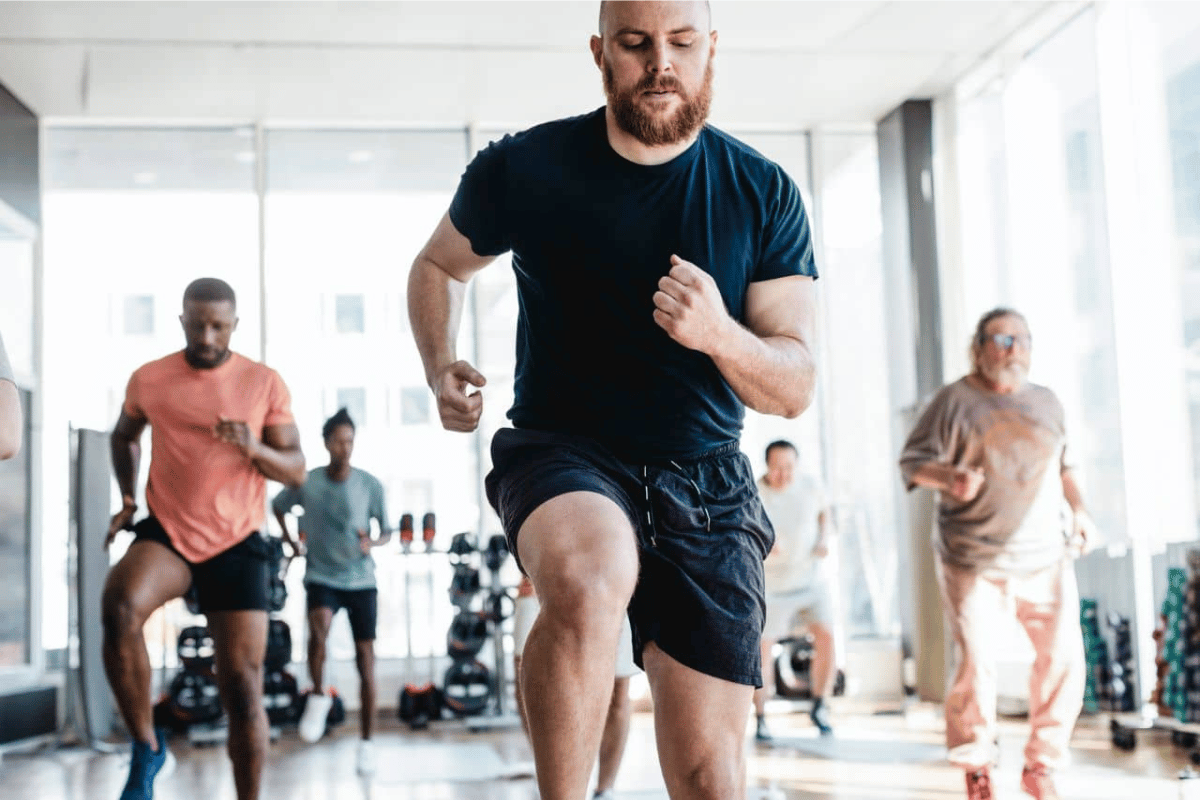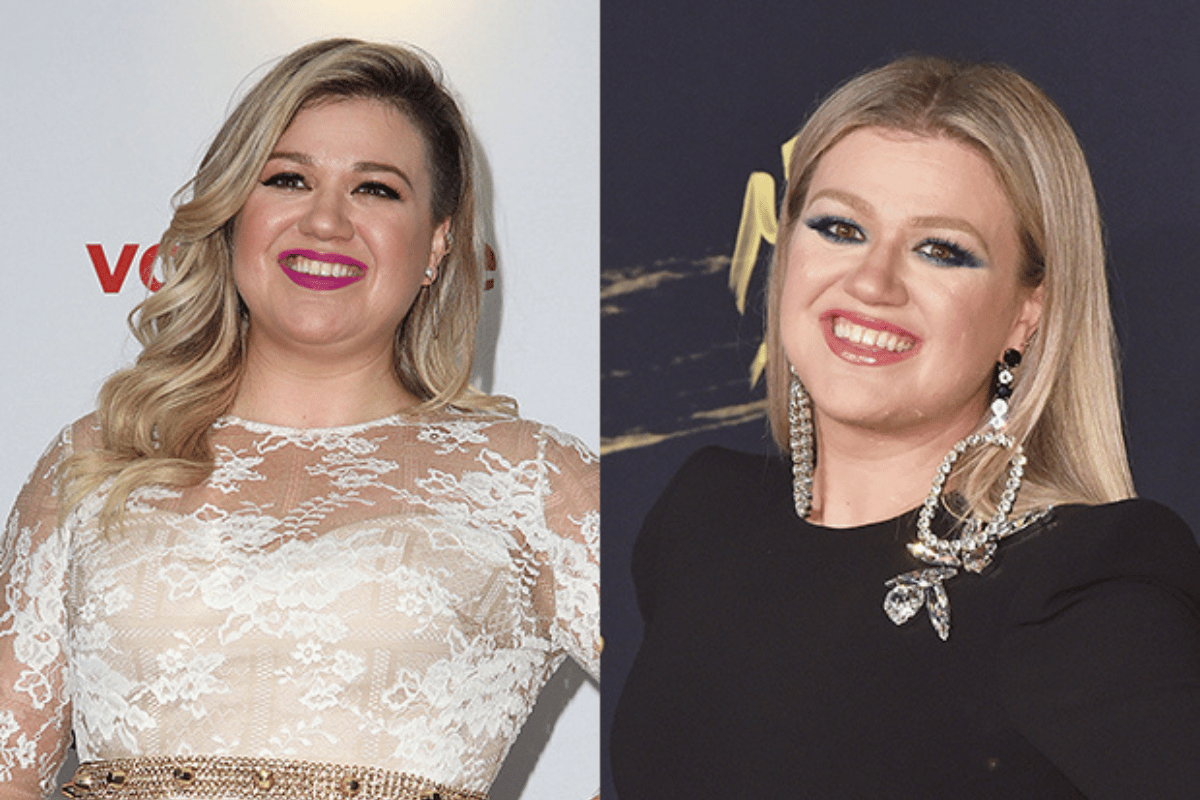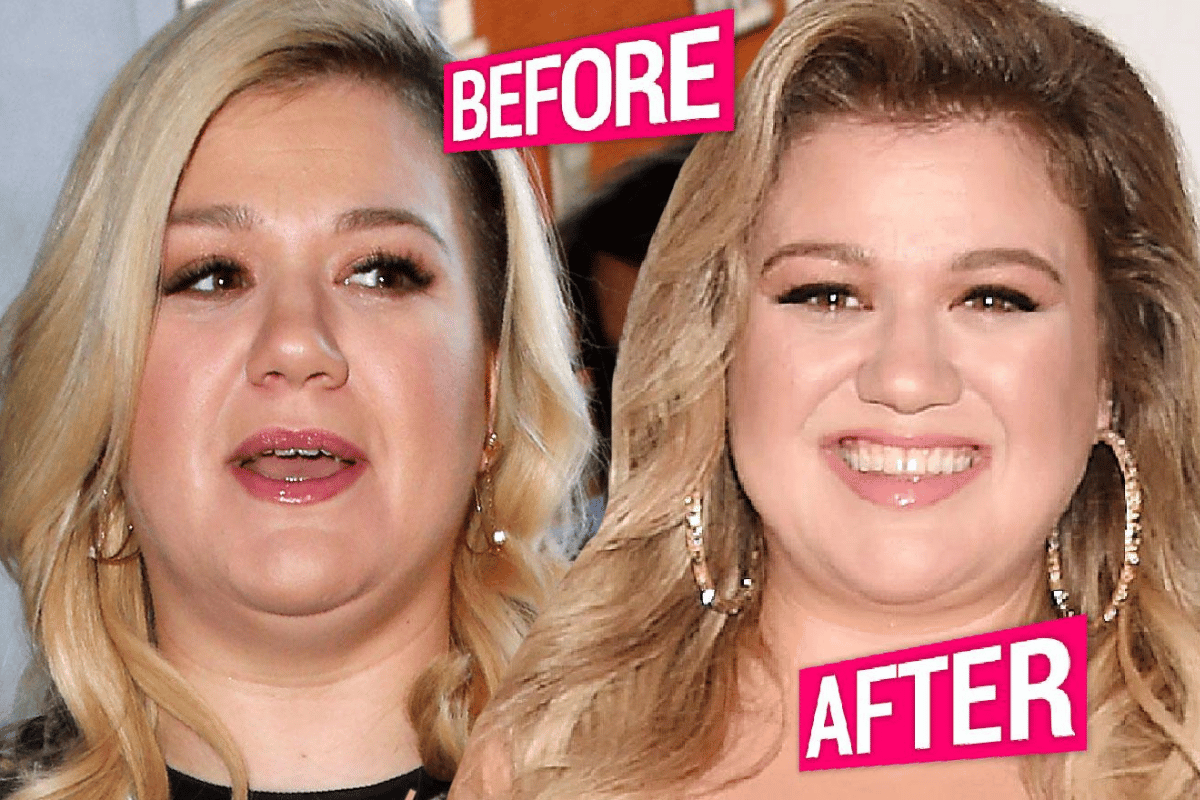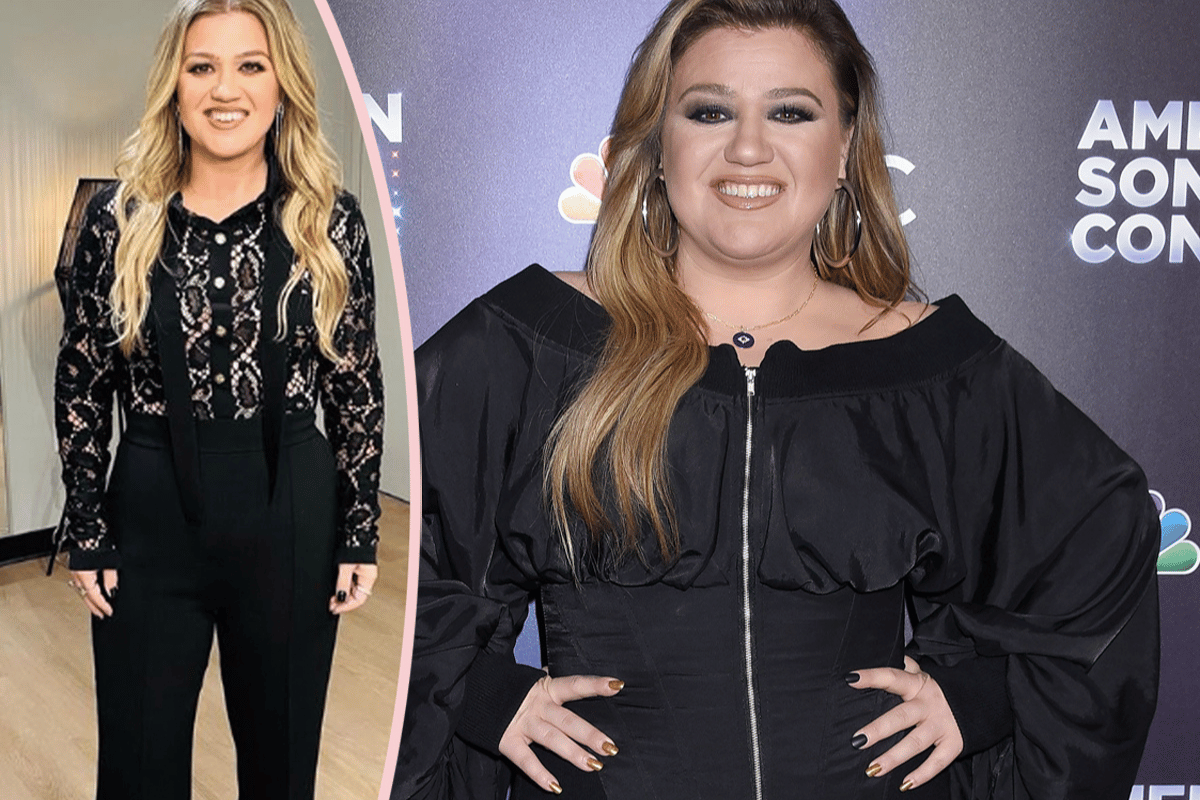As the new year approaches, many of us are thinking about weight loss goals. While exercise is often touted as the primary method for shedding pounds, it’s not the only approach. In fact, you can make significant progress in losing weight without hitting the gym. By focusing on best ways to lose weight without exercise, you can still achieve a healthy, sustainable weight loss plan that fits seamlessly into your lifestyle. This article explores five powerful, science-backed strategies that can help you lose weight without needing to exercise. Whether you’re short on time, dealing with physical limitations, or simply want to try something different, these methods offer simple yet effective ways to start 2025 feeling lighter and more energized.
Mindful Eating: How to Transform Your Eating Habits
Mindful eating is one of the best ways to lose weight without exercise because it focuses on understanding and controlling your eating habits. It allows you to connect with your body’s needs, avoid overeating, and build a healthier relationship with food.
What is Mindful Eating?
Mindful eating is the practice of being fully present while eating. It involves paying close attention to the food’s taste, texture, and smell, as well as listening to your body’s hunger and fullness signals. By eating slowly and deliberately, mindful eating encourages you to savor each bite and make intentional food choices.
When practicing mindful eating, distractions like watching TV or scrolling on your phone are minimized. This allows you to focus on enjoying your meal and becoming aware of how your body reacts to food.
Why Does Mindful Eating Help with Weight Loss?
Mindful eating helps with weight loss by addressing the root causes of overeating and promoting a more balanced relationship with food. Here’s how:
- Reduces Overeating: By paying attention to hunger cues, you’re less likely to eat out of habit or emotional triggers. This prevents consuming unnecessary calories.
- Promotes Portion Control: Eating slowly allows your brain to catch up with your stomach, helping you feel satisfied with smaller portions. This naturally reduces calorie intake.
- Improves Digestion: Chewing food thoroughly and eating at a slower pace can enhance digestion and nutrient absorption, supporting overall health and weight loss.
- Prevents Emotional Eating: Mindful eating encourages you to identify emotional triggers that lead to unhealthy eating habits, such as stress or boredom. Addressing these patterns can reduce mindless snacking.
- Enhances Food Satisfaction: When you savor every bite, you’re likely to feel more satisfied with less food, making it easier to manage cravings.
How Can You Practice Mindful Eating in Daily Life?
Practicing mindful eating in your daily life is simple, but it requires consistency. Here are some actionable steps to get started:
- Eliminate Distractions: Turn off the TV, put away your phone, and create a calm eating environment. This helps you focus entirely on your meal.
- Eat Slowly: Take small bites, chew thoroughly, and pause between bites. Eating slowly allows you to enjoy your food and recognize when you’re full.
- Engage Your Senses: Notice the color, texture, smell, and taste of your food. Engaging your senses makes eating a more satisfying and fulfilling experience.
- Listen to Your Hunger Cues: Before eating, ask yourself if you’re truly hungry or just eating out of habit or emotion. Stop eating when you feel comfortably full, not stuffed.
- Plan Meals Intentionally: Choose nutrient-dense foods that align with your health goals. Preparing meals with thought and care helps create a more intentional eating experience.
- Practice Gratitude: Take a moment to appreciate your food, the effort it took to prepare it, and how it nourishes your body. Gratitude can transform eating into a positive and mindful experience.
By incorporating these steps into your routine, mindful eating can become a powerful tool in your weight-loss journey and one of the best ways to lose weight without exercise. It not only supports physical health but also fosters emotional well-being, making it a sustainable approach for long-term success.
Dietary Adjustments: Simple Changes for Big Results
Making small, targeted dietary adjustments can yield significant weight loss results, even without incorporating exercise. By focusing on nutrient-dense foods, portion control, and practical meal planning, you can achieve a healthier lifestyle. Dietary changes are among the best ways to lose weight without exercise, as they rely on optimizing what and how you eat.
What Foods Should You Focus On?
When aiming to lose weight without exercise, focusing on nutrient-dense foods can make a big difference. Here’s my advice on what to prioritize:
- Lean Proteins: Foods like chicken breast, fish, tofu, and eggs are high in protein, which helps you feel full longer and reduces cravings.
- High-Fiber Foods: Vegetables, fruits, legumes, and whole grains are excellent for promoting satiety and regulating digestion. Fiber helps stabilize blood sugar and prevents overeating.
- Healthy Fats: Incorporate sources of healthy fats, such as avocados, nuts, seeds, and olive oil. These support satiety and overall health.
- Low-Calorie, High-Volume Foods: Foods like leafy greens, cucumbers, and zucchini allow you to eat larger portions while consuming fewer calories.
- Minimally Processed Foods: Focus on whole, unprocessed foods instead of packaged items that are often high in sugars and unhealthy fats.
By building meals around these food groups, you can reduce calorie intake while still enjoying satisfying and flavorful dishes.
How Can Portion Control Aid in Weight Loss?
Portion control is one of the best ways to lose weight without exercise because it helps you manage calorie intake without drastically altering your diet. Here’s how portion control aids weight loss:
- Prevents Overeating: When you control portion sizes, you naturally consume fewer calories, which is essential for weight loss.
- Maintains Nutrient Balance: Proper portions ensure you’re not overloading on one food group while neglecting others, leading to a balanced diet.
- Supports Mindful Eating: Paying attention to portions encourages you to eat more intentionally and avoid unnecessary seconds or oversized servings.
Practical Portion Control Tips:
- Use Smaller Plates: Smaller plates make portions look more substantial, tricking your brain into feeling satisfied with less food.
- Measure Portions: Use measuring cups or a food scale to determine accurate serving sizes, especially for calorie-dense foods like nuts or cheese.
- Pre-Portion Snacks: Instead of eating from large bags or containers, portion snacks into individual servings.
- Fill Half Your Plate with Veggies: Vegetables are low in calories and high in volume, making them ideal for larger portions.
By implementing portion control, you can still enjoy your favorite foods while reducing overall calorie consumption.
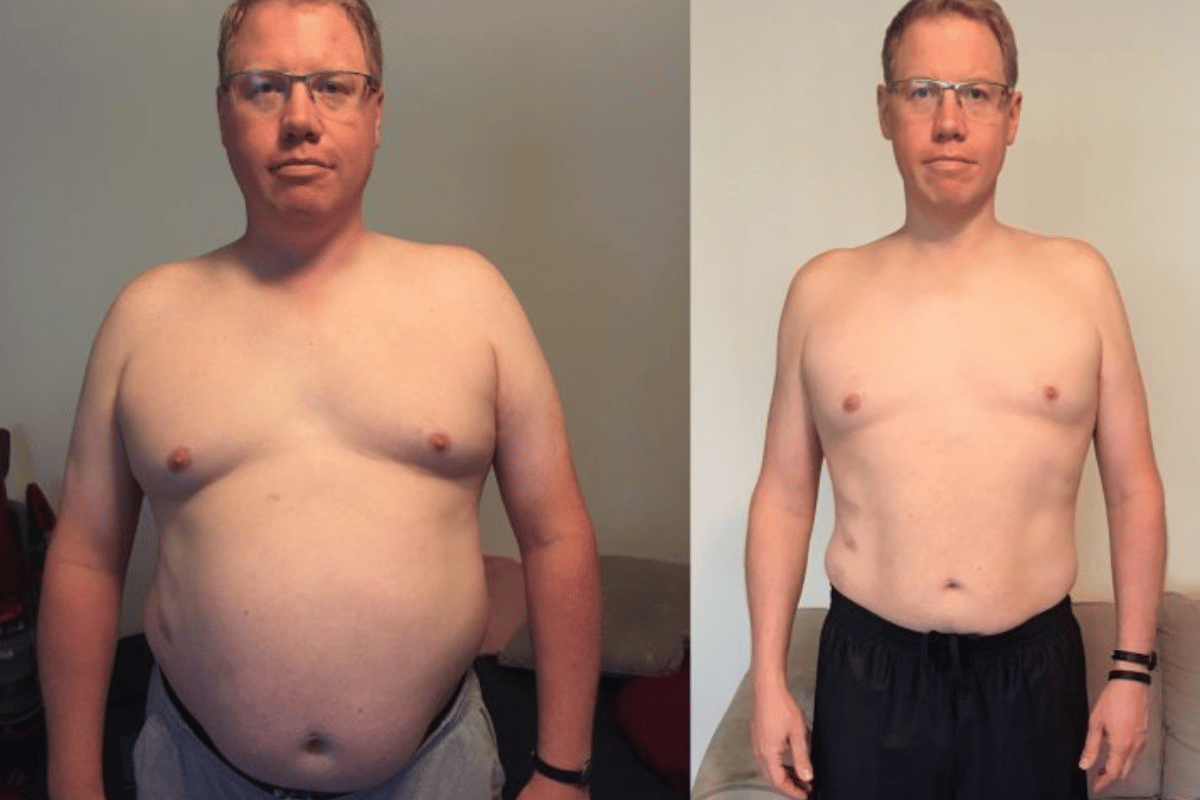
Are There Any Dietary Plans That Avoid Exercise?
Yes, there are dietary plans specifically designed to focus on weight loss without requiring exercise. While exercise has numerous health benefits, these plans concentrate on optimizing dietary intake to achieve calorie deficits and promote sustainable weight loss. Here are some examples:
- Intermittent Fasting:
- This involves cycling between periods of eating and fasting. For example, you might eat only during an 8-hour window each day.
- It helps reduce overall calorie intake and can improve insulin sensitivity.
- Low-Carb Diets:
- Plans like the ketogenic diet prioritize reducing carbohydrate intake while increasing healthy fats and proteins.
- This promotes fat burning and helps regulate hunger hormones.
- Calorie Counting:
- Tracking your daily calorie intake can help you stay within a target range for weight loss.
- Apps like MyFitnessPal make it easy to monitor calories and nutrients.
- Plant-Based Diets:
- Focusing on whole, plant-based foods like vegetables, fruits, grains, and legumes can naturally lower calorie density while increasing nutrient intake.
- Mediterranean Diet:
- This diet emphasizes healthy fats, lean proteins, and whole grains, offering a balanced approach to weight loss.
- It’s known for its health benefits, including weight management and heart health.
These dietary plans focus on managing food intake and quality rather than requiring physical activity. While exercise enhances overall well-being, these strategies highlight how you can focus on nutrition as one of the best ways to lose weight without exercise.
Hydration: The Overlooked Key to Weight Loss
Staying hydrated is one of the best ways to lose weight without exercise because it supports your metabolism, helps control hunger, and promotes overall health. Proper hydration ensures that your body functions optimally, making it easier to achieve and maintain a healthy weight.
Why is Staying Hydrated Important for Weight Loss?
Staying hydrated is essential for weight loss because water plays a vital role in several bodily functions that directly affect your ability to lose weight. Here’s why:
- Boosts Metabolism: Drinking water helps your body burn calories more efficiently by supporting metabolic processes. Staying hydrated ensures your body has the resources it needs to convert food into energy.
- Suppresses Appetite: Sometimes, thirst is mistaken for hunger. Drinking water before meals can help you feel full faster, preventing overeating and reducing calorie intake.
- Aids in Digestion: Water helps move food through your digestive system, preventing bloating and constipation, which can make you feel heavier.
- Flushes Out Toxins: Proper hydration supports kidney function and helps the body eliminate waste products, making you feel lighter and healthier.
- Improves Energy Levels: Dehydration can lead to fatigue, which might make you crave sugary or high-calorie foods for a quick energy boost. Staying hydrated helps you feel energized and reduces unnecessary snacking.
How Much Water Should You Drink Daily?
When it comes to hydration, the amount of water needed can vary based on individual factors. Here’s a simple guide to determine your daily water intake:
- General Guidelines: The standard recommendation is about 8-10 cups (2-2.5 liters) of water per day for most adults. However, this is just a baseline.
- Body Weight-Based Formula: A common approach is to drink half your body weight in ounces of water daily. For example, if you weigh 150 pounds, aim for 75 ounces (about 2.2 liters) of water per day.
- Activity Level: If you’re physically active, you may need to drink more water to compensate for fluid loss through sweat, even if you’re not exercising intensely.
- Climate and Environment: Hot or humid environments increase your body’s need for hydration. If you’re in such conditions, increase your water intake accordingly.
- Listening to Your Body: Pay attention to signs of dehydration, such as dark yellow urine, dry skin, or fatigue. These indicate that you may need to drink more water.
By meeting your daily hydration needs, you can enhance your weight loss efforts as part of the best ways to lose weight without exercise.
Can You Hydrate with Beverages Other than Water?
Yes, you can hydrate with beverages other than water, but it’s important to choose wisely. Some drinks can contribute to hydration while supporting weight loss, while others may add unnecessary calories or sugar. Here’s what to consider:
- Herbal Teas: Unsweetened herbal teas, like green tea or chamomile, are excellent hydration options. Green tea, in particular, contains antioxidants that can support metabolism.
- Infused Water: Adding fruits like lemon, cucumber, or berries to water can make it more enjoyable without adding significant calories.
- Coconut Water: Coconut water is a natural electrolyte-rich drink that helps replenish hydration, especially in warmer climates or after mild physical activity.
- Low-Calorie Broths: Vegetable or bone broths can contribute to hydration while providing nutrients, making them a great option during colder months.
- Sparkling Water: Plain sparkling water is a good alternative for those who crave carbonation, as long as it’s free of added sugars or artificial flavors.
Drinks to Avoid:
- Sugary Beverages: Sodas, sweetened teas, and sugary sports drinks can lead to weight gain and spike blood sugar levels.
- Alcohol: Alcoholic drinks can dehydrate you and add empty calories that hinder weight loss.
Incorporating these hydration options into your daily routine makes staying hydrated easier and more enjoyable, further supporting your weight loss journey as one of the best ways to lose weight without exercise.
Sleep and Stress Management: The Unsung Heroes of Weight Loss
Proper sleep and effective stress management are often overlooked but are critical components of a successful weight loss journey. Addressing these areas can significantly enhance your ability to lose weight, making them some of the best ways to lose weight without exercise.
How Does Sleep Affect Weight Loss?
Sleep directly impacts weight loss by regulating key hormones that control hunger, energy, and metabolism. When you don’t get enough sleep, your body’s ability to maintain a healthy weight is compromised. Here’s how:
- Hormonal Imbalance: Lack of sleep increases ghrelin (the hunger hormone) and decreases leptin (the hormone that signals fullness), leading to increased appetite and overeating.
- Slowed Metabolism: Sleep deprivation slows down your metabolism, making it harder for your body to burn calories efficiently.
- Increased Cravings: Poor sleep often leads to cravings for high-calorie, sugary foods as the body seeks quick energy sources to combat fatigue.
- Reduced Energy Levels: Feeling tired makes it harder to stick to healthy eating habits, as you’re more likely to grab convenient, calorie-dense foods.
By prioritizing adequate sleep, you can support your body’s natural weight loss processes, making it a key part of the best ways to lose weight without exercise.
What Are Effective Stress Management Techniques?
Managing stress is essential for weight loss because chronic stress can lead to emotional eating, hormonal imbalances, and weight gain. Here are some effective techniques:
- Deep Breathing Exercises:
- Taking slow, deep breaths helps calm your nervous system and reduce cortisol (the stress hormone) levels. This can prevent stress-induced cravings and overeating.
- Meditation:
- Regular meditation, even for just 10 minutes a day, can improve mental clarity and emotional control, making it easier to avoid emotional eating.
- Physical Relaxation Techniques:
- Practices like yoga or progressive muscle relaxation can help reduce tension in the body and promote a sense of calm.
- Time Management:
- Prioritizing tasks and avoiding procrastination can reduce feelings of being overwhelmed, a common trigger for stress eating.
- Social Connections:
- Spending time with supportive friends or family can improve mood and reduce feelings of isolation, which often lead to emotional eating.
- Creative Outlets:
- Engaging in hobbies like painting, cooking, or gardening provides a healthy distraction and helps channel stress into positive activities.
By integrating these techniques into your daily routine, you can manage stress effectively and create a healthier environment for weight loss.

Can Improving Sleep Patterns Help Shed Pounds?
Yes, improving sleep patterns can significantly aid in shedding pounds. Here’s why and how:
- Consistent Sleep Schedule:
- Going to bed and waking up at the same time every day helps regulate your circadian rhythm, which controls metabolism and appetite.
- Quality Over Quantity:
- Aim for 7-9 hours of uninterrupted, quality sleep each night. Poor-quality sleep, even if long, can still disrupt weight loss by affecting recovery and hormonal balance.
- Create a Sleep-Friendly Environment:
- Keep your bedroom dark, quiet, and cool to enhance sleep quality. Avoid screens at least an hour before bedtime, as blue light interferes with melatonin production.
- Avoid Late-Night Eating:
- Eating too close to bedtime can disrupt sleep and digestion. Allow at least 2-3 hours between your last meal and sleep.
- Mindful Wind-Down Routine:
- Engage in calming activities like reading, light stretching, or listening to soothing music to prepare your body for rest.
Improving sleep patterns is one of the best ways to lose weight without exercise, as it supports hormone regulation, reduces stress, and enhances overall well-being. By making sleep a priority, you can unlock a powerful, natural tool for achieving your weight loss goals.
Intermittent Fasting: Is It Right for You?
Intermittent fasting (IF) is a powerful dietary approach that focuses on when you eat rather than what you eat. It’s considered one of the best ways to lose weight without exercise, as it helps regulate calorie intake and enhances your body’s ability to burn fat without requiring a specific workout routine.
What is Intermittent Fasting?
Intermittent fasting is an eating pattern that cycles between periods of eating and fasting. It doesn’t dictate what you should eat but focuses on when you eat. This approach encourages the body to use stored fat for energy during fasting periods, which supports weight loss. Personally, I find intermittent fasting appealing because it simplifies meal planning and reduces the need to count calories constantly.
How Can Intermittent Fasting Help Lose Weight Without Exercise?
Intermittent fasting promotes weight loss through several mechanisms, making it one of the best ways to lose weight without exercise. Here’s how it works:
- Reduces Calorie Intake:
- By limiting the hours in which you eat, intermittent fasting naturally reduces your calorie intake, helping create a calorie deficit needed for weight loss.
- Enhances Fat Burning:
- During fasting periods, insulin levels drop, and the body turns to stored fat for energy. This process enhances fat burning, especially in stubborn areas.
- Improves Metabolic Health:
- Fasting improves insulin sensitivity, which helps regulate blood sugar levels and reduces fat storage.
- Suppresses Late-Night Snacking:
- By setting eating windows, intermittent fasting eliminates opportunities for late-night snacking, a common contributor to weight gain.
- Boosts Growth Hormone Levels:
- Fasting increases the production of growth hormone, which supports fat metabolism and muscle preservation.
Intermittent fasting is effective for weight loss because it simplifies eating habits and allows the body to burn fat more efficiently without requiring exercise.
What are the Different Methods of Intermittent Fasting?
There are several popular methods of intermittent fasting, each with unique benefits. Here are the most common approaches:
- 16/8 Method:
- How it works: You fast for 16 hours and eat within an 8-hour window (e.g., from 12:00 PM to 8:00 PM).
- Why it works: This method is simple and easy to follow, making it suitable for beginners. It helps reduce calorie intake while allowing for balanced meals during the eating window.
- 5:2 Diet:
- How it works: You eat normally for five days a week and reduce calorie intake to around 500-600 calories on two non-consecutive days.
- Why it works: The calorie restriction on fasting days creates a weekly calorie deficit, promoting weight loss while allowing flexibility on regular eating days.
- Eat-Stop-Eat:
- How it works: You fast for a full 24 hours once or twice a week (e.g., from dinner one day to dinner the next day).
- Why it works: This method provides a significant calorie deficit while being manageable due to its infrequent nature.
- Alternate-Day Fasting:
- How it works: You alternate between fasting days (consuming only 500 calories) and regular eating days.
- Why it works: This approach is more intense but highly effective for rapid weight loss.
- The Warrior Diet:
- How it works: You eat small amounts of raw fruits and vegetables during the day and have one large meal at night within a 4-hour window.
- Why it works: This method mimics ancestral eating patterns and is great for those who prefer eating a single large meal.
Choosing the right method depends on your lifestyle and preferences. Intermittent fasting can be a sustainable and flexible option, making it one of the best ways to lose weight without exercise for those looking to simplify their weight loss journey.
Embracing a Healthier Lifestyle for 2025
Building a healthier lifestyle is not just about short-term changes; it’s about creating sustainable habits that align with your unique needs and goals. By focusing on best ways to lose weight without exercise, you can develop a long-term approach that promotes both physical and mental well-being.
What Have You Learned About Losing Weight Without Exercise?
From exploring various strategies, I’ve learned that the best ways to lose weight without exercise rely on a combination of mindful eating, dietary adjustments, hydration, sleep, and stress management. Each method emphasizes a natural approach to weight loss, proving that physical activity is not the only pathway to success. Key takeaways include:
- Small Changes Matter: Simple adjustments in portion sizes, hydration, and meal timing can lead to significant results.
- Consistency is Key: Sustained habits like drinking enough water, following a mindful diet, and managing stress are critical for long-term success.
- Holistic Approach: Addressing sleep, stress, and eating behaviors together amplifies the effectiveness of weight-loss efforts.
By integrating these lessons, anyone can achieve weight loss goals without relying solely on exercise.
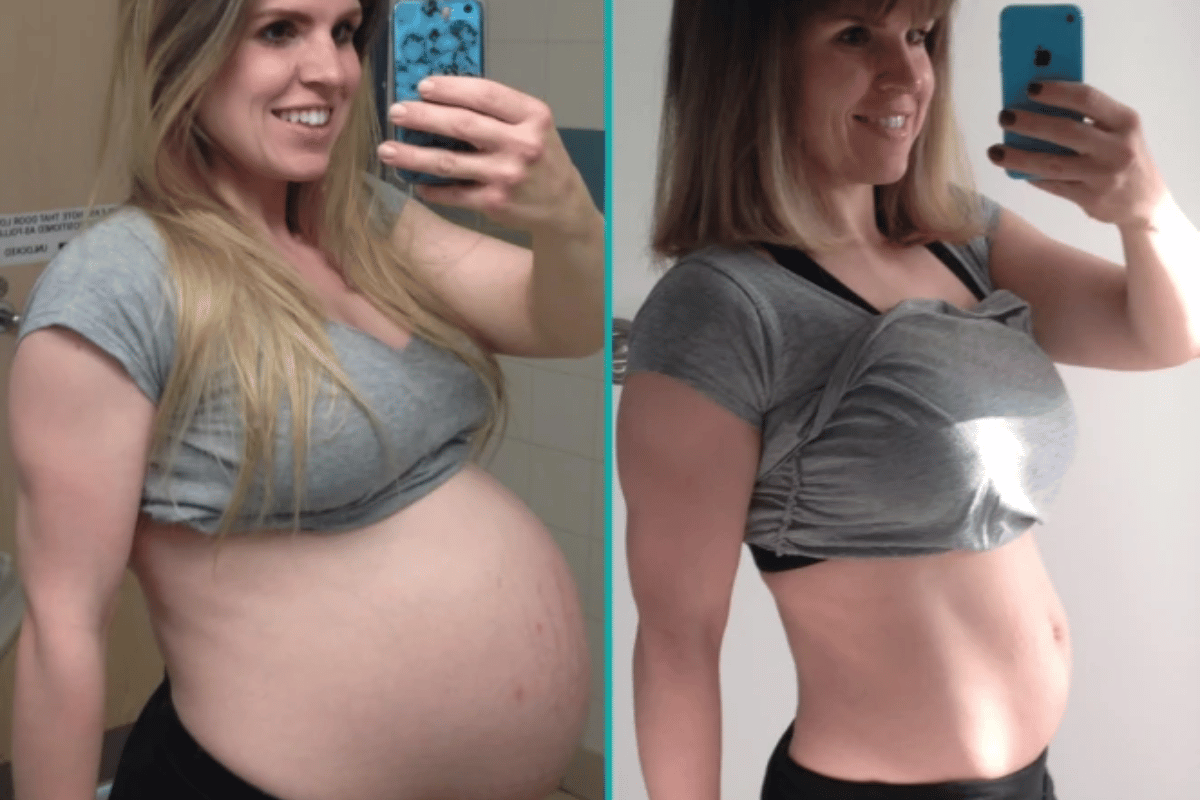
How Can You Sustain These Changes in the Long Term?
Sustaining these lifestyle changes requires a practical, consistent approach. Here are strategies I recommend:
- Set Realistic Goals:
- Focus on small, attainable changes rather than drastic overhauls.
- Celebrate incremental progress to stay motivated.
- Create a Routine:
- Establish regular eating and sleeping patterns.
- Plan meals in advance to avoid unhealthy last-minute choices.
- Stay Flexible:
- Allow yourself occasional indulgences to prevent burnout.
- Adapt strategies based on changing needs or preferences.
- Track Progress:
- Use tools like food journals or apps to monitor habits and outcomes.
- Reflect on what works and adjust what doesn’t.
- Seek Support:
- Share your goals with friends or family for accountability.
- Join communities with similar interests to stay inspired.
Sustaining these practices makes the best ways to lose weight without exercise a natural part of your lifestyle, ensuring lasting success.
Why is it Important to Personalize Your Weight Loss Journey?
Personalizing your weight loss journey is essential because no two people are alike. Tailoring strategies to fit your unique preferences, lifestyle, and health needs increases the likelihood of long-term success. Here’s why personalization matters:
- Aligns with Your Lifestyle:
- Some people may thrive on intermittent fasting, while others prefer portion control or specific dietary adjustments.
- Choosing methods that fit your daily routine ensures consistency.
- Accounts for Individual Needs:
- Factors like age, metabolism, and health conditions influence what strategies work best for you.
- Personalized plans prevent frustration from unrealistic expectations.
- Boosts Enjoyment:
- Incorporating foods and routines you enjoy makes the process feel less like a chore and more like a lifestyle upgrade.
- Enjoyable habits are easier to stick with.
- Maximizes Effectiveness:
- Targeted approaches address your specific challenges, such as emotional eating or inconsistent hydration.
- This ensures each effort directly contributes to your goals.
By embracing personalization, you can transform the best ways to lose weight without exercise into a plan that works uniquely for you, leading to sustainable, long-term results.
Frequently Asked Questions (FAQs)
1. Can I really lose weight without exercising?
Yes! There are many best ways to lose weight without exercise that focus on lifestyle changes like mindful eating, hydration, stress management, and improving sleep. These methods help you create a balanced lifestyle that can lead to gradual, sustainable weight loss without the need for strenuous exercise.
2. How does mindful eating help with weight loss?
Mindful eating encourages paying full attention to the experience of eating, helping you recognize hunger cues and prevent overeating. By slowing down and focusing on each bite, you’ll become more aware of your body’s needs, reducing the likelihood of consuming excess calories and fostering healthier eating habits.
3. What foods should I focus on to lose weight?
To lose weight without exercise, focus on whole, nutrient-dense foods like vegetables, fruits, lean proteins, and whole grains. These foods are filling, provide essential nutrients, and help control your calorie intake, promoting weight loss naturally.
4. How much water should I drink daily?
Staying hydrated is crucial for weight loss. It’s recommended to drink at least 8 glasses (64 ounces) of water per day, though individual needs may vary based on factors like climate, activity level, and overall health. Proper hydration can help curb hunger, boost metabolism, and support overall health.
5. Is intermittent fasting effective for weight loss without exercise?
Intermittent fasting is one of the best ways to lose weight without exercise. By limiting the eating window, it encourages the body to burn fat for energy. There are various fasting methods like the 16:8 or 5:2 approach, which can help regulate calorie intake and promote fat loss without needing to exercise.
6. How does sleep affect weight loss?
Poor sleep is linked to weight gain, as it disrupts hormone levels related to hunger and appetite. Ensuring you get enough quality sleep each night can help regulate these hormones and improve your ability to lose weight, making it one of the essential best ways to lose weight without exercise.
7. Can I drink other beverages besides water to stay hydrated?
Yes, other beverages like herbal teas, sparkling water, and even fruits and vegetables with high water content (such as cucumbers and oranges) can help with hydration. However, be mindful of beverages with added sugars or artificial sweeteners, as they can hinder your weight loss progress.
8. What are some simple stress management techniques?
Stress can interfere with weight loss by increasing cortisol levels, which can lead to overeating or cravings. Techniques like meditation, deep breathing, yoga, and journaling can help manage stress levels effectively and support weight loss without exercise.
9. How can I make sure these methods are sustainable in the long term?
To make these weight-loss methods sustainable, focus on building routines that are realistic and enjoyable. Track your progress, stay flexible with your approach, and continuously adjust as needed. Make changes gradually, so they feel like natural parts of your lifestyle rather than a temporary fix.
10. Is it possible to personalize my weight loss journey?
Absolutely! Personalizing your weight loss journey is essential. Every person’s body, lifestyle, and preferences are unique, so it’s important to find strategies that work best for you. Whether it’s adjusting your eating habits, trying intermittent fasting, or focusing on stress management, a tailored approach increases your chances of long-term success.




